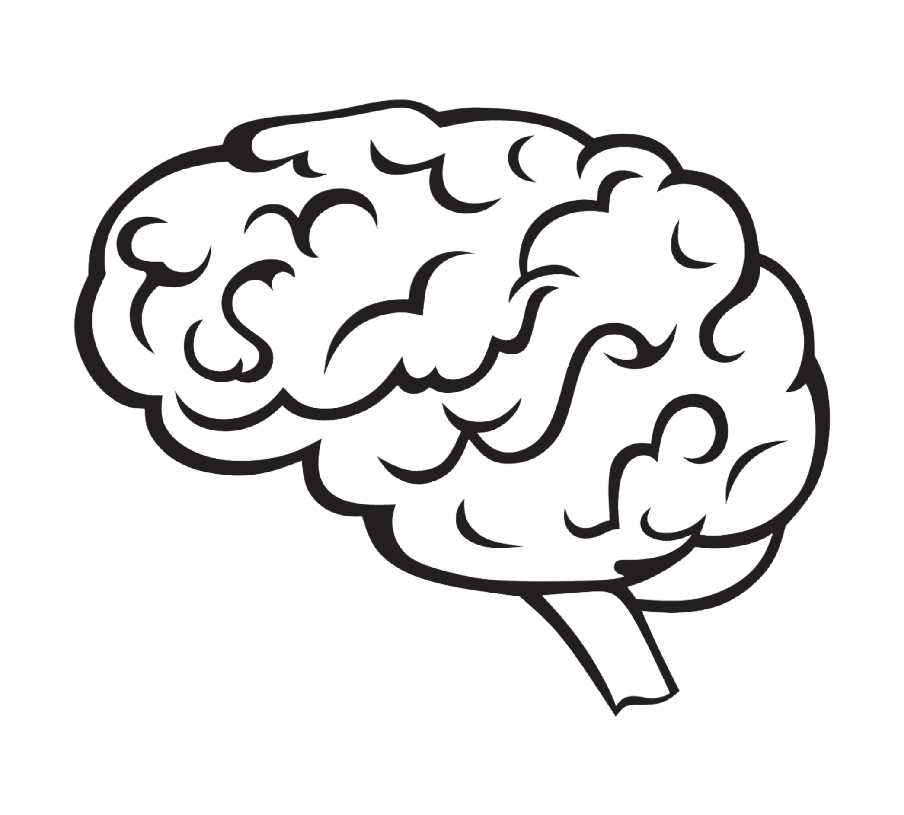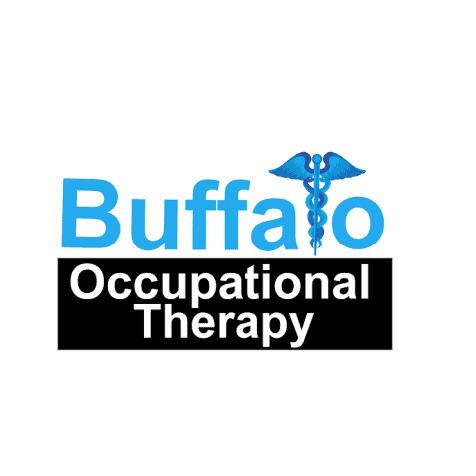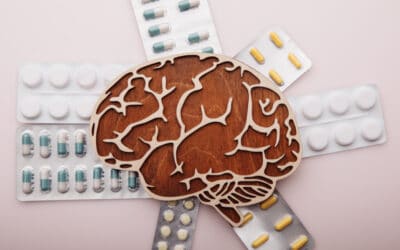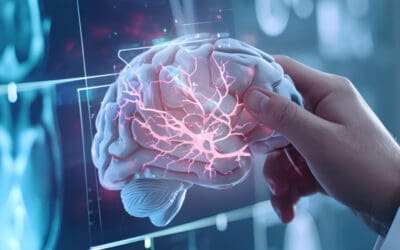Alzheimer’s Disease and other Dementia [ADRD]
Dementia
Dementia is a broad term used to describe a decline in mental ability severe enough to interfere with daily life. It is not a single disease, but rather a group of symptoms affecting memory, thinking, and social abilities. The most common cause of dementia is Alzheimer’s disease, but there are many other types, including vascular dementia, Lewy body dementia, and frontotemporal dementia.
People with dementia may experience memory loss, difficulty communicating, and changes in mood and behavior. These symptoms can make it challenging to complete everyday tasks, such as cooking, paying bills, or remembering appointments. While some memory loss and cognitive decline can happen naturally as people age, dementia is more severe and progressive, meaning it gets worse over time.
It’s important to remember that dementia affects each person differently. Some may struggle with memory but maintain other cognitive functions for a while, while others might experience a more rapid decline in various mental abilities.
If you or someone you know is showing signs of dementia, it’s important to seek medical advice. Early diagnosis and support can make a big difference in managing the symptoms and improving quality of life.



Dementia and
Memory Management
Dementia and memory problems are best managed by a team of experts who understand the brain, the conditions that cause dementia, and how to help improve symptoms. They also teach you how to care for your brain to reduce the effects of dementia and memory loss.
Neurological Management Programs may include:
- Cognitive Remedial Therapy: Exercises and activities to improve thinking and memory skills.
- Brain Education: Learning about how your brain works and how to keep it healthy.
- Home Memory Wellness Program with Follow-Up: A plan to practice memory-boosting activities at home with regular check-ins.
- Research-Based Facts: Understanding what is true and not true about dementia and memory, based on scientific research.
- Memory Support Tips: Advice on how to support your memory in everyday life.
- Red Flags: Warning signs to watch for if you are at risk of memory decline or dementia.
Dementia Symptoms
Memory Loss
Forgetfulness that disrupts daily life, such as frequently losing items, missing appointments, or forgetting important dates and events.
Difficulty understanding time or place, such as getting lost in familiar settings, not knowing the date or season, or struggling to follow a storyline in a book or movie.
Trouble finding the right words, following conversations, or repeating oneself. This might look like having difficulty naming everyday objects or losing track of a conversation.
Protect your Brain
When you have dementia or are experiencing memory loss, it is critical to take action. Your body will prompt you to recognize these early changes, do not settle for comments like ‘this is just part of getting older’ – be proactive!

Speak Clearly
Speak clearly and use short, simple sentences. Allow extra time for the person to respond, and reduce background noise during conversations. Using visual aids or gestures can also enhance understanding.

Use Memory Aids
Using calendars, planners, or smartphone reminders can help keep track of important dates and tasks. Labeling common items and creating a designated spot for frequently used objects like keys can also reduce forgetfulness.

Promote a Calm Environment
Maintaining a calm and structured environment can help reduce anxiety and agitation. Engage in regular physical activity, encourage participation in enjoyable activities, and ensure a quiet, comfortable space for relaxation.

Create Structure
Establishing a daily routine can provide consistency and reduce confusion. Keeping a clock and a calendar in visible places, along with clear signage around the home, can help orient time and place.
Articles
My Blog
Brain Fog
Brain fog feels like your brain is running through mud—it’s harder to think clearly, focus, or even find the right words in conversations. You might feel forgetful, struggle to concentrate, or take longer to process information. It’s not a medical term but a way to...
Alzheimer’s Disease Medications for Memory
Recent advancements in Alzheimer’s treatment have led to FDA approval of several new medications for Alzheimer’s Disease and mild cognitive impairment (MCI). These developments are the result of rigorous research and clinical trials aimed at improving the quality of life for those affected by these conditions. The newly approved medications offer hope for better management of symptoms and potentially slowing the progression of cognitive decline.
One of the key focuses of recent research has been on targeting the underlying mechanisms of Alzheimer’s, such as amyloid plaques and tau tangles. These innovative approaches have shown promise in clinical trials, leading to the approval of drugs that can more effectively address these core issues. Additionally, advancements in diagnostic tools have enabled earlier and more accurate detection of Alzheimer’s and MCI, allowing for timely intervention with these new treatments.
For healthcare professionals, caregivers, and patients, staying informed about these advancements is crucial. Our latest blog article provides a look at these new medications, their mechanisms of action, and the potential impact on patient care.
The Neurological Therapist – Interview your therapist
One crucial aspect of our practice is understanding the nuances between different treatment modalities and knowing when to apply each one effectively.



